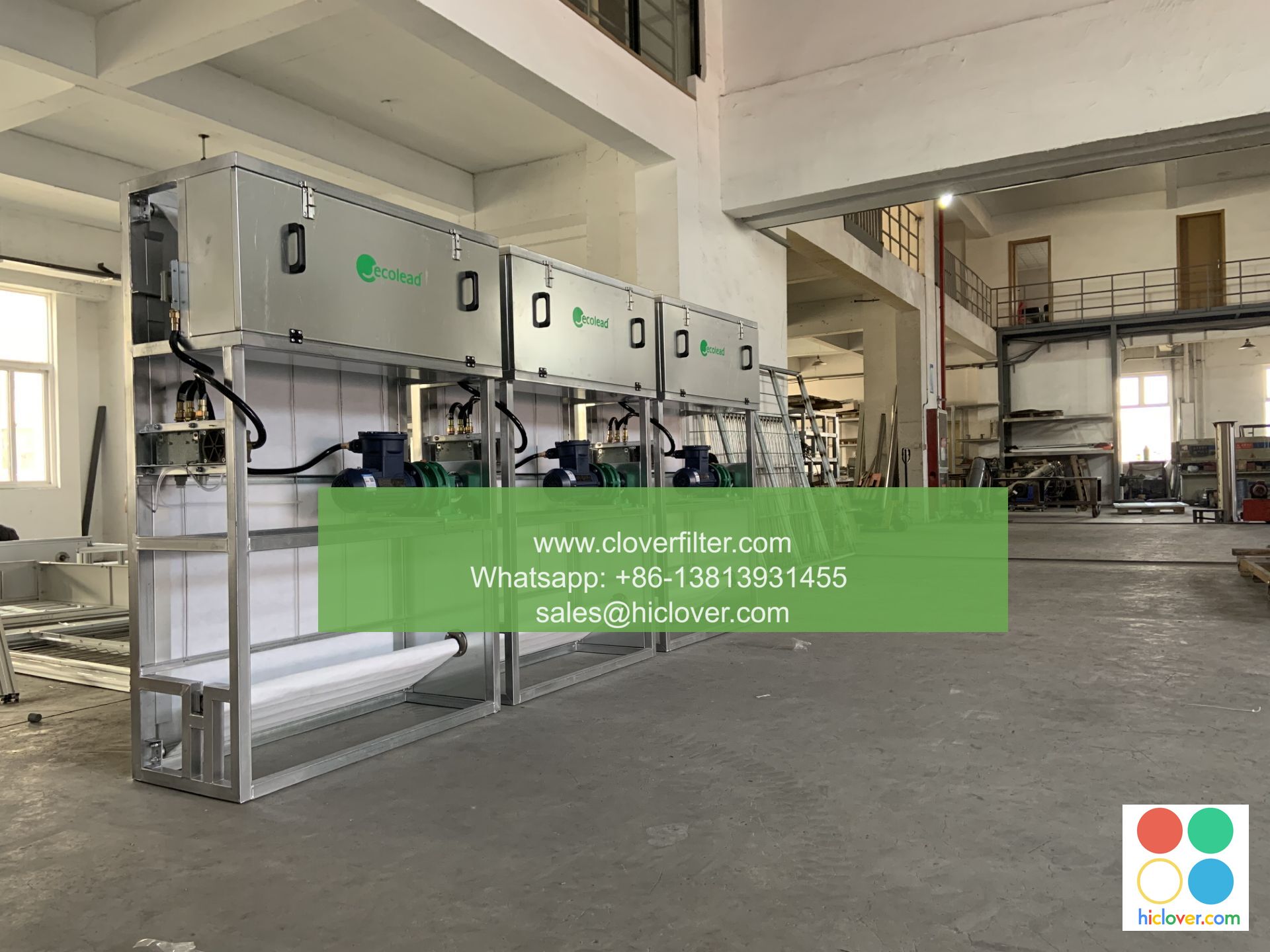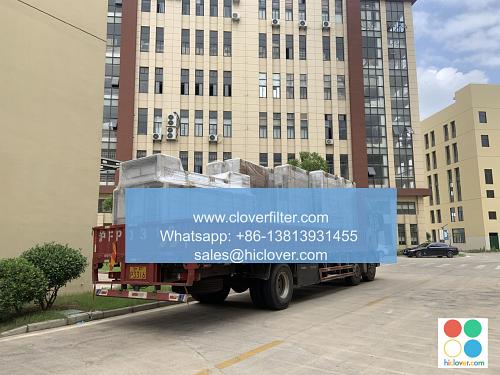Air Filter Maintenance for the Healthcare Industry: A Guide

Air filter maintenance is a critical aspect of the healthcare industry, as it plays a vital role in maintaining Indoor Air Quality (IAQ) and preventing the spread of airborne diseases. In this article, we will discuss the importance of air filter maintenance, its application areas, and provide a comprehensive guide on how to maintain air filters in healthcare settings.
Importance of Air Filter Maintenance in Healthcare
Proper air filter maintenance is essential in healthcare settings to prevent the spread of airborne pathogens, such as COVID-19, TB, and Influenza. Air filters help to remove airborne contaminants, including bacteria, viruses, and fungi, from the air, thereby reducing the risk of Hospital-Acquired Infections (HAIs). Moreover, well-maintained air filters also help to improve Indoor Air Quality (IAQ), which is crucial for the health and well-being of patients, visitors, and healthcare staff.
Application Areas of Air Filter Maintenance in Healthcare
Air filter maintenance is crucial in various application areas of the healthcare industry, including:
- Operating Rooms (ORs): Air filters in ORs must be maintained regularly to prevent the spread of airborne pathogens and ensure a sterile environment for surgical procedures.
- Intensive Care Units (ICUs): ICUs require high-level air filtration to prevent the spread of airborne diseases, particularly among critically ill patients.
- Isolation Rooms: Isolation rooms require specialized air filtration systems to prevent the spread of airborne pathogens, such as TB and SARS.
- Pharmacies: Pharmacies require high-level air filtration to prevent contamination of medicines and ensure a safe environment for pharmacy staff.
- Laboratories: Laboratories require specialized air filtration systems to prevent contamination of samples and ensure accurate test results.
- HEPA (High Efficiency Particulate Air) filters: HEPA filters are designed to capture 99.97% of particles as small as 0.3 microns, making them ideal for use in ORs, ICUs, and isolation rooms.
- ULPA (Ultra Low Penetration Air) filters: ULPA filters are designed to capture 99.99% of particles as small as 0.1 microns, making them ideal for use in laboratories and pharmacies.
- Activated Carbon filters: Activated carbon filters are designed to capture gases and odors, making them ideal for use in areas with high levels of volatile organic compounds (VOCs).
- Regularly inspect and replace air filters: Inspect air filters regularly and replace them as recommended by the manufacturer or when they become dirty or damaged.
- Use the correct type of air filter: Use the correct type of air filter for each application area, taking into account the level of filtration required and the type of contaminants present.
- Ensure proper installation and sealing: Ensure that air filters are installed and sealed properly to prevent air leaks and bypass.
- Monitor air filter performance: Monitor air filter performance regularly, using tools such as Pressure Drop and Air Flow meters, to ensure that they are functioning correctly.
Types of Air Filters Used in Healthcare
There are several types of air filters used in healthcare settings, including:
Best Practices for Air Filter Maintenance in Healthcare
To ensure proper air filter maintenance in healthcare settings, follow these best practices:
Conclusion
Air filter maintenance is a critical aspect of the healthcare industry, as it plays a vital role in maintaining Indoor Air Quality (IAQ) and preventing the spread of airborne diseases. By following the best practices outlined in this guide, healthcare facilities can ensure that their air filters are properly maintained, reducing the risk of Hospital-Acquired Infections (HAIs) and improving the health and well-being of patients, visitors, and healthcare staff. Regular maintenance of air filters is essential to ensure the Optimal Performance of Heating, Ventilation, and Air Conditioning (HVAC) systems, which is critical for the Health and Safety of everyone in the healthcare facility. You haven’t asked a question or provided any context for me to respond to. Please provide more information or ask a question, and I’ll do my best to assist you.

